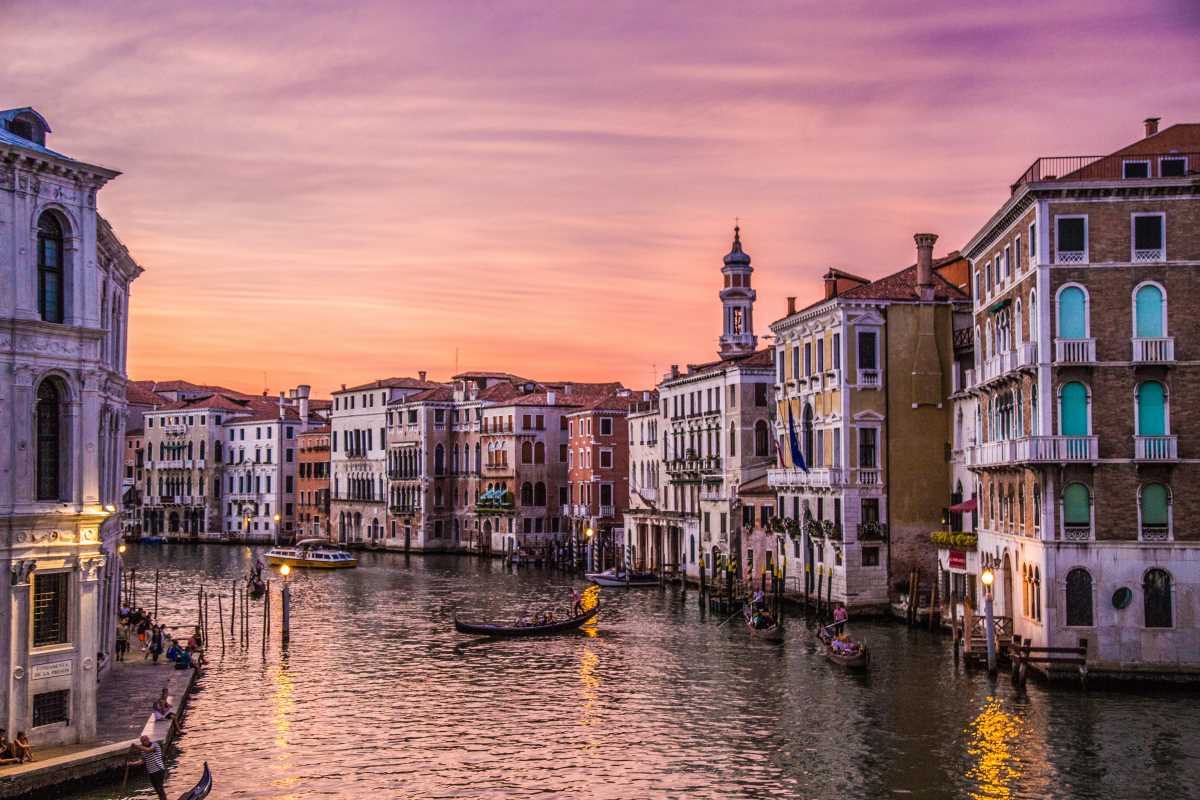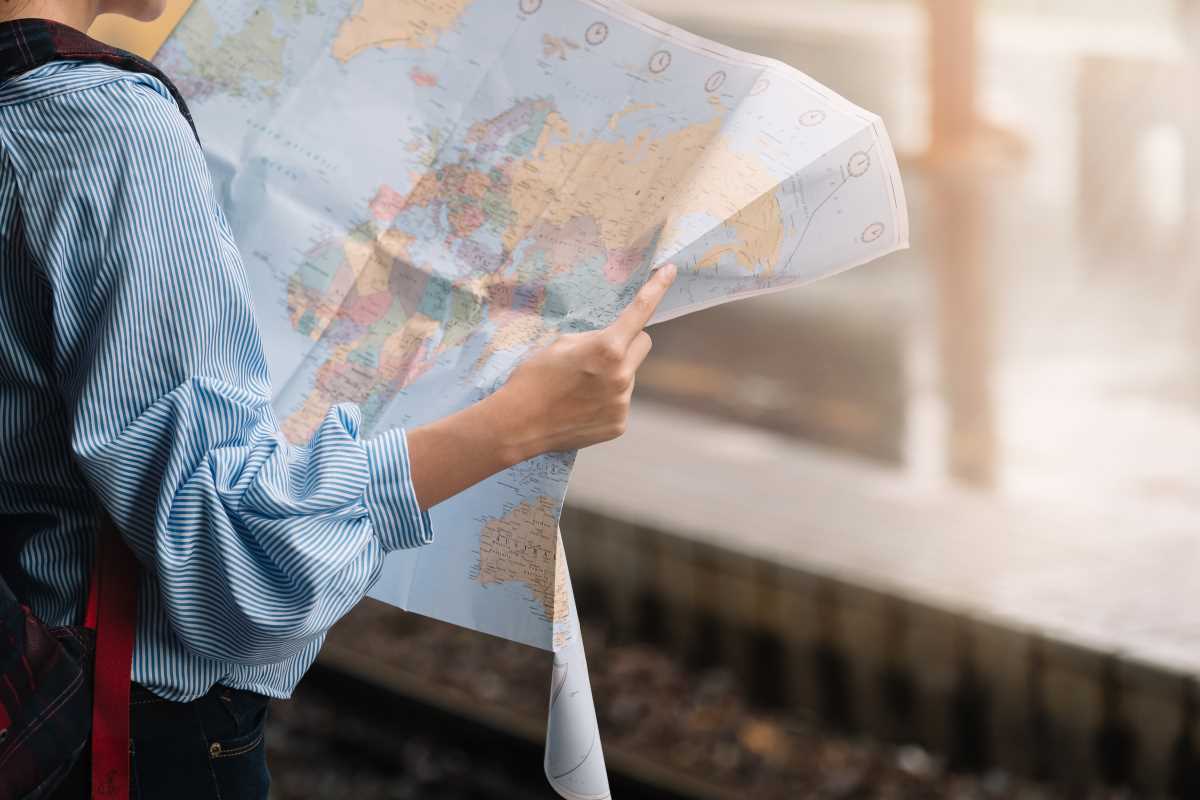Backpacking around Europe is a rite of passage for many travelers, offering the chance to explore diverse cultures, breathtaking landscapes, and historic sites—all while experiencing the thrill of adventure. From bustling cities to serene countryside, Europe is a treasure trove of experiences waiting to be discovered. However, planning a successful backpacking trip requires careful preparation and a bit of know-how. In this guide, we'll explore some essential tips to help you make the most of your European backpacking journey.
Plan Your Itinerary but Stay Flexible
Before you set off on your backpacking adventure, it's essential to have a rough itinerary. This doesn't mean you need to plan every minute of your trip, but having a general idea of the cities and attractions you want to visit will help you make the most of your time. Popular destinations like Paris, Rome, and Barcelona often have a wealth of things to see and do, so consider creating a checklist of must-visit landmarks, museums, and local experiences.
That said, flexibility is key. Europe is filled with unexpected delights, and you might discover new destinations that pique your interest once you're on the road. Allow yourself the freedom to change your plans if you hear about a festival, an exciting local event, or a recommendation from fellow travelers. Sometimes, the best memories come from spontaneous adventures, so keep your options open.
Pack Light and Smart
One of the most significant challenges of backpacking is managing your luggage. The golden rule is to pack light. Aim for a backpack weighing no more than 15-20% of your body weight. Bring versatile clothing that can be layered, mixed, and matched. Choose items that are lightweight and quick-drying, allowing you to wash and wear them without taking up too much space.
Consider packing a few essentials, such as a universal travel adapter, a portable charger, and a reusable water bottle to stay hydrated on the go. Don't forget a small first-aid kit for minor injuries and ailments. It's also wise to bring a compact, foldable daypack for day trips, allowing you to carry only the essentials while exploring.
Use Budget Accommodation Wisely
Europe offers a wide range of accommodation options to suit every budget, from hostels and guesthouses to hotels and Airbnb rentals. For backpackers, hostels are often the most budget-friendly choice, providing an opportunity to meet fellow travelers and exchange tips. Many hostels also offer communal kitchens, allowing you to save money by preparing your own meals.
If you prefer a more unique experience, consider Couchsurfing, which connects travelers with locals willing to offer free accommodation. This not only saves you money but also provides a chance to engage with the culture and gain insider tips from your host. However, always read reviews and communicate with your host before arriving to ensure a safe experience.
Embrace Local Transportation
Navigating Europe is relatively easy due to its extensive public transportation systems. Trains are a popular choice for backpackers, as they offer an efficient way to travel between cities. Consider purchasing a Eurail pass for unlimited travel on many European train networks. Buses are another cost-effective option, with companies like FlixBus providing routes across the continent at affordable prices.
In cities, public transportation such as trams, buses, and subways can help you reach various attractions without the hassle of driving or parking. Additionally, walking or biking is a great way to immerse yourself in the local culture. Many cities have bike-sharing programs that allow you to explore at your own pace while enjoying the sights.
Experience the Local Cuisine
One of the highlights of traveling is indulging in local cuisine. Each European country boasts its own culinary delights, and trying traditional dishes is a must. From fresh pasta in Italy to tapas in Spain, exploring local markets and eateries can be one of the most enjoyable aspects of your trip.
To save money, consider eating where the locals do. Street food stalls and small family-run restaurants often offer authentic meals at a fraction of the price of touristy establishments. Additionally, purchasing ingredients from local markets allows you to prepare your own meals in hostel kitchens. Don't forget to try regional specialties and, if you're feeling adventurous, sample street food that catches your eye.
Connect with Other Travelers
Backpacking is as much about the people you meet as it is about the places you visit. Take the opportunity to connect with fellow travelers at hostels, cafes, or on public transportation. Sharing stories and recommendations can lead to new friendships and insights into your destination. Many hostels organize group activities, such as walking tours or pub crawls, providing a relaxed environment to meet others.
Online platforms, such as travel forums and social media groups, can also be helpful in connecting with other backpackers. Consider joining local meetups or events to expand your network and discover hidden gems in each city. Sharing your experiences with others can enrich your travels and create lasting memories.
Stay Safe and Aware
Safety is a crucial aspect of backpacking, especially when traveling in unfamiliar places. While Europe is generally safe for tourists, it's important to remain vigilant. Keep your belongings secure and be mindful of your surroundings, particularly in crowded areas. Avoid displaying valuable items, and consider using a money belt to store important documents and cash.
Research the safety of the areas you plan to visit and stay informed about any local customs or laws. Familiarize yourself with emergency contact numbers and the locations of nearby hospitals or police stations. It's also wise to share your itinerary with a friend or family member back home so they know your whereabouts.
Learn Basic Local Phrases
While English is widely spoken across Europe, learning a few basic phrases in the local language can enhance your travel experience. Simple greetings, thank you, and please can go a long way in building rapport with locals. Many appreciate the effort, and it can lead to more meaningful interactions.
Before your trip, consider downloading language learning apps like Duolingo or Babbel to practice essential phrases. Additionally, carrying a small phrasebook can be useful for quick translations on the go. Not only will this help you navigate menus or ask for directions, but it can also provide a deeper understanding of the culture.
Take Advantage of Free Attractions and Activities
Europe is rich in history and culture, and many cities offer a plethora of free attractions and activities. From museums with free entry on certain days to outdoor festivals and markets, you'll find plenty of opportunities to explore without breaking the bank. Research local tourism websites for information on free events happening during your stay.
Walking tours are another excellent way to experience a city while learning about its history. Many cities offer free walking tours where guides work for tips, allowing you to explore at your own pace while supporting local talent. Public parks and gardens often provide a serene setting to relax, read, or simply people-watch.
Capture Your Memories
As you embark on your backpacking adventure, be sure to capture your experiences. Whether through photographs, journaling, or blogging, documenting your travels can help preserve the memories for years to come. Take the time to reflect on your journey and the people you meet along the way.
Investing in a good camera or using your smartphone's camera effectively can enhance your travel photos. Learn basic photography techniques, such as composition and lighting, to capture stunning images of breathtaking landscapes and vibrant city life. Social media platforms can also serve as a fun way to share your adventures with friends and family back home.
Stay Mindful and Respectful
While traveling, it's essential to remain mindful and respectful of the cultures and customs of the countries you visit. Every destination has its own traditions and social norms, so take the time to learn about them. Simple gestures, such as greeting locals in their language or following dress codes when visiting religious sites, can show respect and enhance your travel experience.
Be aware of your environmental impact, too. Practice responsible tourism by minimizing waste, using public transportation, and supporting local businesses. Being a conscientious traveler not only enriches your experience but also helps preserve the beauty and integrity of the places you visit for future generations.
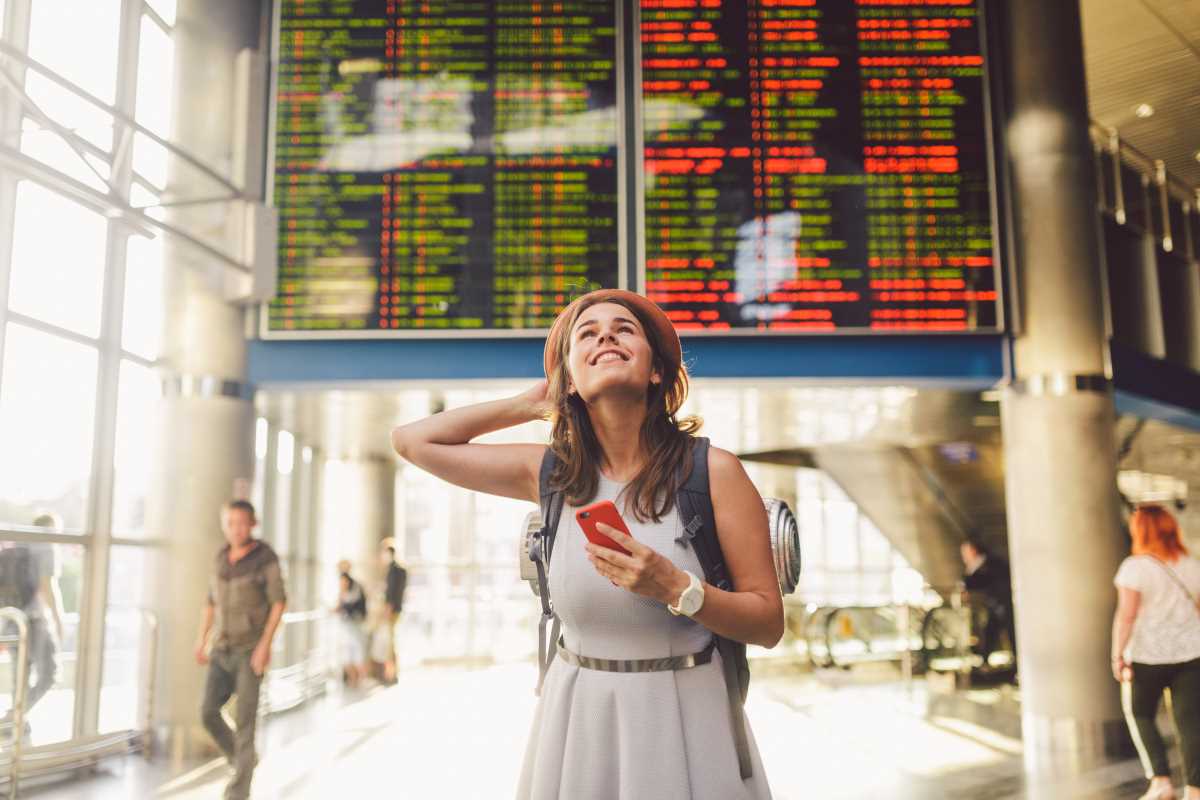 (Image via
(Image via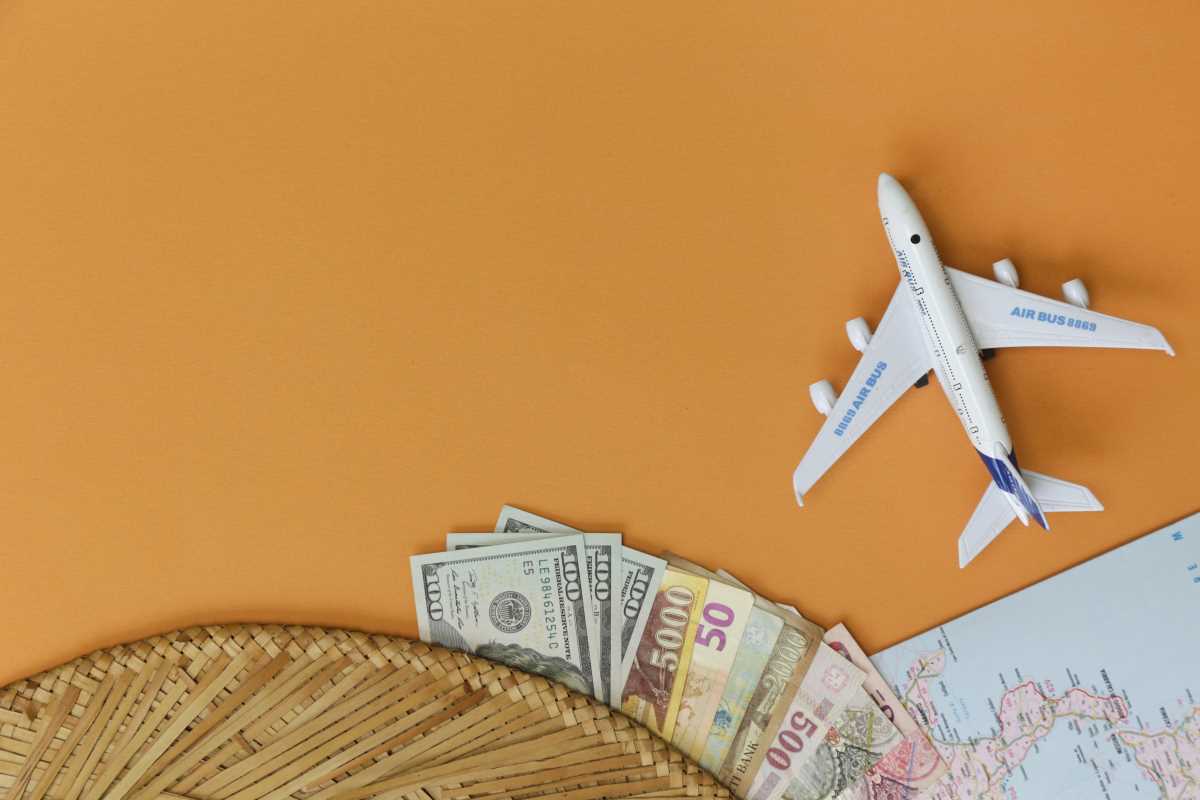


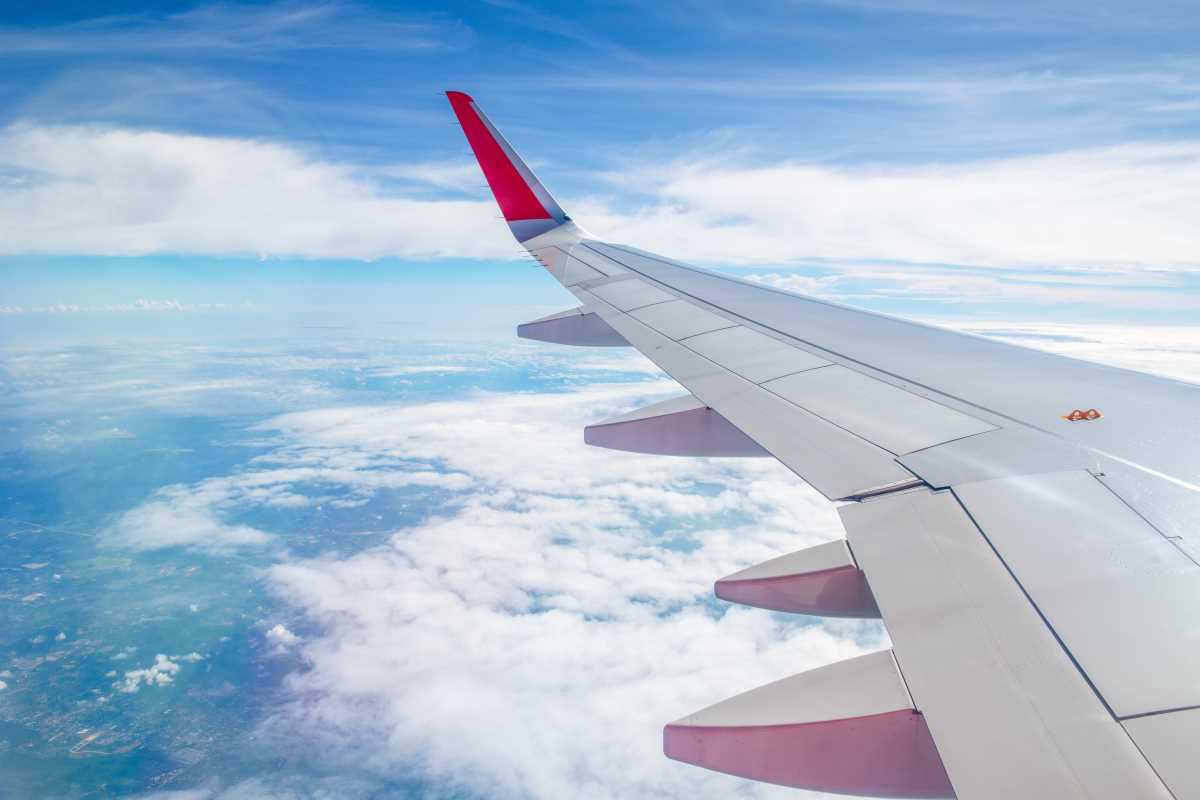
.jpg)
